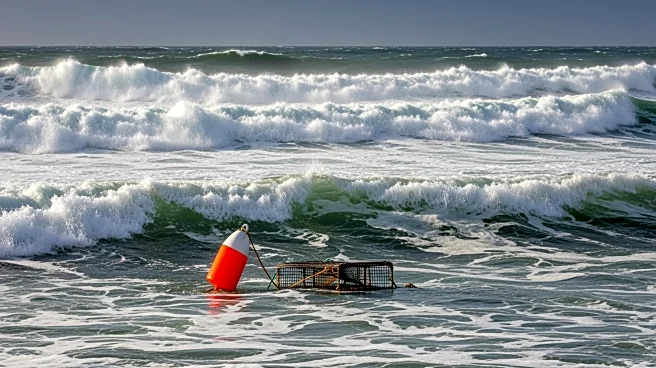Rapid Read • 8 min read
The United Nations Office of Outer Space Affairs (UNOOSA) is increasingly active in global space governance, as more nations and private sectors enter the space arena. Since the Outer Space Treaty of 1967, the UN has been involved in mediating space-related conflicts and promoting peaceful uses of outer space. UNOOSA, along with the UN Committee on the Peaceful Uses of Outer Space (COPUOUS), plays a crucial role in shaping international space policy. The National Space Society, which holds permanent UN observer status, actively participates in these discussions, aiming to positively influence space flight policies. Dr. Rick Jenet, a key figure in these efforts, discusses the evolving landscape of international space initiatives and the organization's future plans.
AD
The expanding role of UNOOSA in space governance is significant as it reflects the growing complexity and international interest in space exploration and utilization. With more countries and private entities entering the space sector, there is a need for coordinated policies to ensure peaceful and sustainable use of outer space. This development impacts global politics, international relations, and the future of space exploration. Stakeholders such as governments, space agencies, and private companies stand to benefit from clear guidelines and cooperation, while potential conflicts over space resources and territories could be mitigated through UN-led initiatives.
As the space sector continues to grow, UNOOSA and COPUOUS are expected to further develop frameworks for international cooperation and conflict resolution in space. The National Space Society and other stakeholders will likely continue to engage with these UN bodies to influence policy and ensure that space exploration remains peaceful and beneficial for all. Future discussions may focus on issues such as space debris management, resource sharing, and the ethical implications of space colonization.
The involvement of UNOOSA in space governance highlights broader ethical and legal challenges associated with space exploration. As humanity ventures further into space, questions about sovereignty, resource allocation, and environmental impact become increasingly relevant. The UN's role in mediating these issues underscores the importance of international collaboration in addressing the long-term implications of space activities.
AD
More Stories You Might Enjoy












